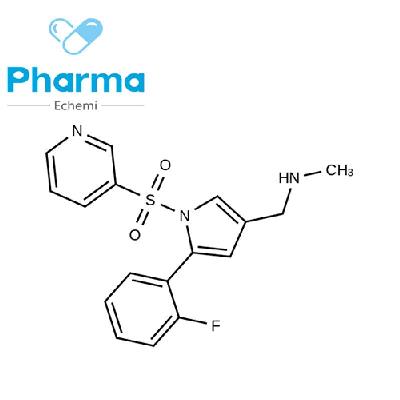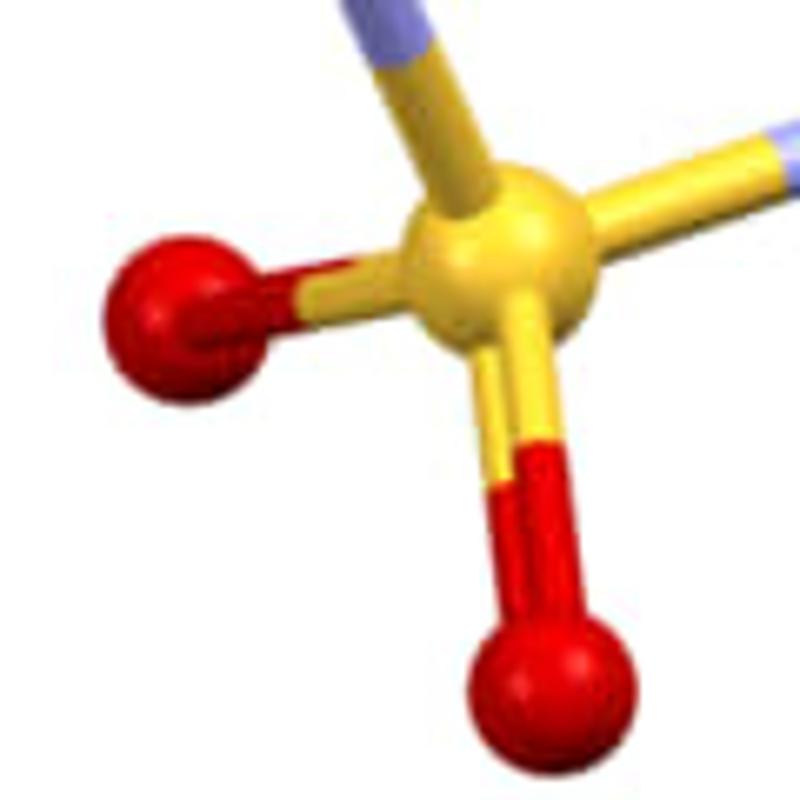-
Categories
-
Pharmaceutical Intermediates
-
Active Pharmaceutical Ingredients
-
Food Additives
- Industrial Coatings
- Agrochemicals
- Dyes and Pigments
- Surfactant
- Flavors and Fragrances
- Chemical Reagents
- Catalyst and Auxiliary
- Natural Products
- Inorganic Chemistry
-
Organic Chemistry
-
Biochemical Engineering
- Analytical Chemistry
-
Cosmetic Ingredient
- Water Treatment Chemical
-
Pharmaceutical Intermediates
Promotion
ECHEMI Mall
Wholesale
Weekly Price
Exhibition
News
-
Trade Service
*For medical professionals only
I also learned a new skill of "miracle medicine"
Executive Summary
The results of the HEAT (Aspirin eradication of Helicobacter pylori) trial, led by Professor Chris Hawkey from the University of Nottingham School of Medicine and the University of Nottingham Centre for Digestive Diseases, and funded by the National Institute of Health and Healthcare Research Health Technology Assessment Project
, were published in The Lancet on 3 November 2022.
Study screenshots
status quo
Low-dose aspirin is a very useful preventive drug
for people at high risk of stroke or heart disease.
However, in rare cases, bleeding from medical ulcers can be provoked
.
By thinning the blood, aspirin causes stomach ulcers to bleed
.
These ulcers can be caused
by a special type of bacteria, Helicobacter pylori.
conclusion
The STAR (Simple Trials for Academic Research) team from the University of Nottingham investigated whether short-course antibiotics clearing these bacteria would reduce the risk
of bleeding in aspirin users.
conducted in 1208 UK general practice clinics.
This is a real-life study that uses clinical data routinely stored in GP and hospital records, rather than bringing patients back for follow-up trial
visits.
30,166 patients who volunteered to participate in the study who tested positive for Helicobacter pylori were randomized to receive antibiotics or placebo (mock tablets) and were followed up for up to 7 years
.
- In the first two and a half years, patients treated with antibiotics were less likely to be admitted to hospital for bleeding ulcers than those treated with simulated tablets (6 vs 17), and the protective effect developed rapidly;
- Patients receiving placebo (dummy treatment) were hospitalized for the first time after 6 days for ulcer bleeding compared to 525 days after antibiotic treatment, and over a longer period of time, the protective effect appeared to diminish.
- However, the overall incidence of hospitalizations due to bleeding ulcers was lower than expected, which is consistent with other evidence that ulcer disease is declining and that patients already taking aspirin are at lower risk
. - The risks are higher when people first start taking aspirin, but the risks may be worth it when it comes to finding Helicobacter pylori and treating it
.
prospect
Professor Chris Hawkey said:
- Aspirin has many benefits in reducing the risk of heart attack and stroke in people at increased risk, and there is also evidence that it can slow down certain cancers
. - The HEAT trial is the largest UK-based study of its kind, and we are pleased with the results that ulcer bleeding can be significantly reduced
after a one-week course of antibiotic treatment. - The long-term impact of the results on safe prescribing is encouraging
.
Click "Read Original" to get more clinical dry goods







